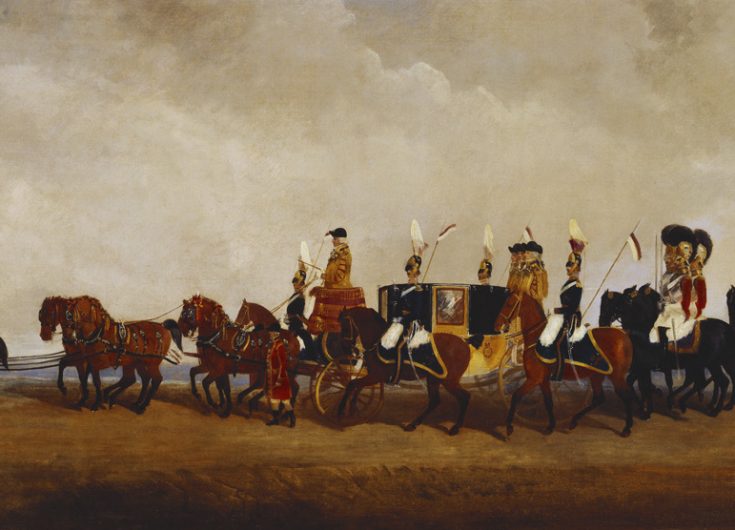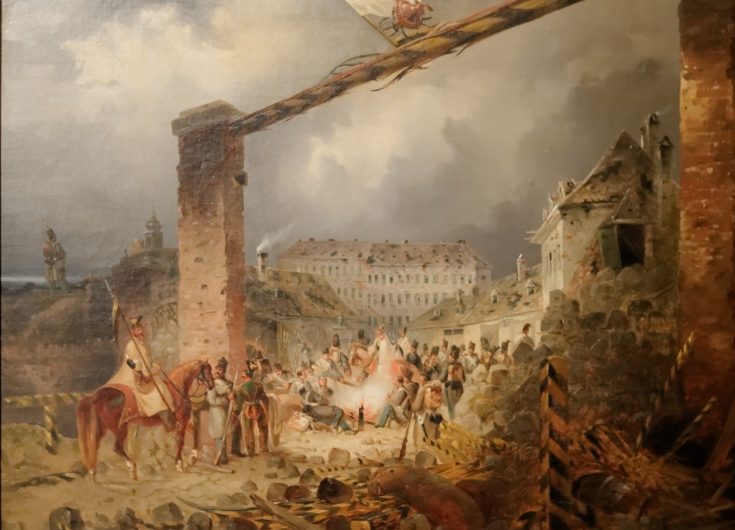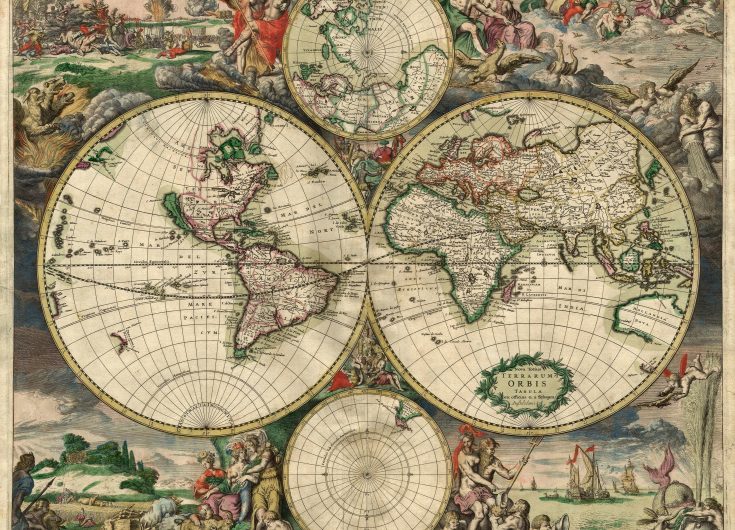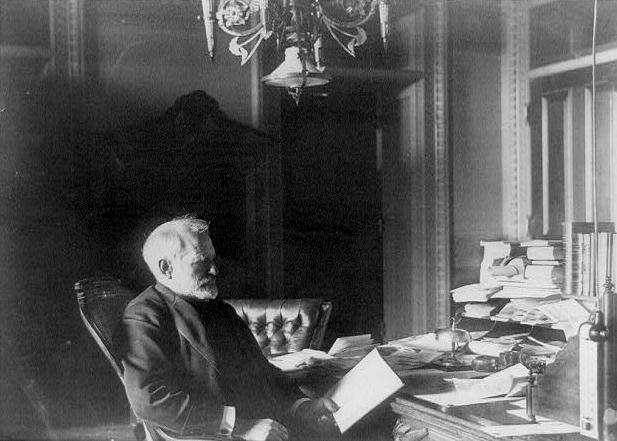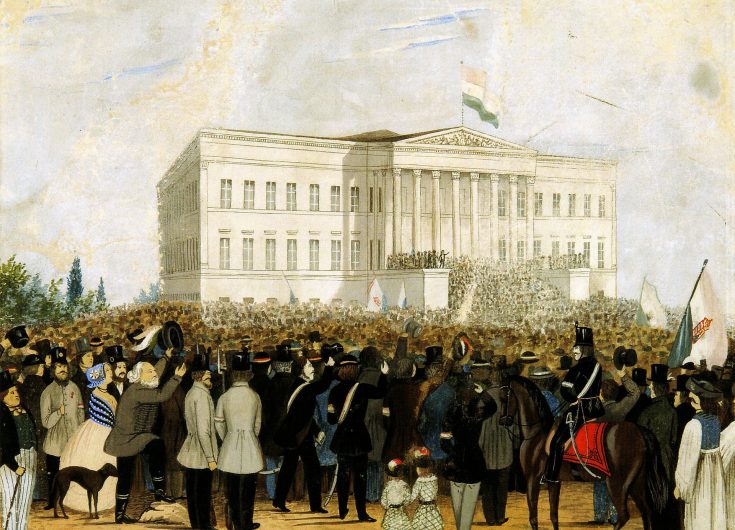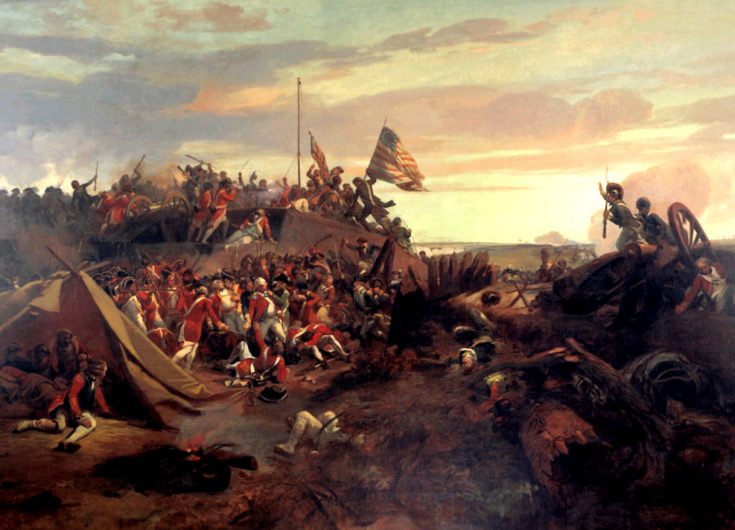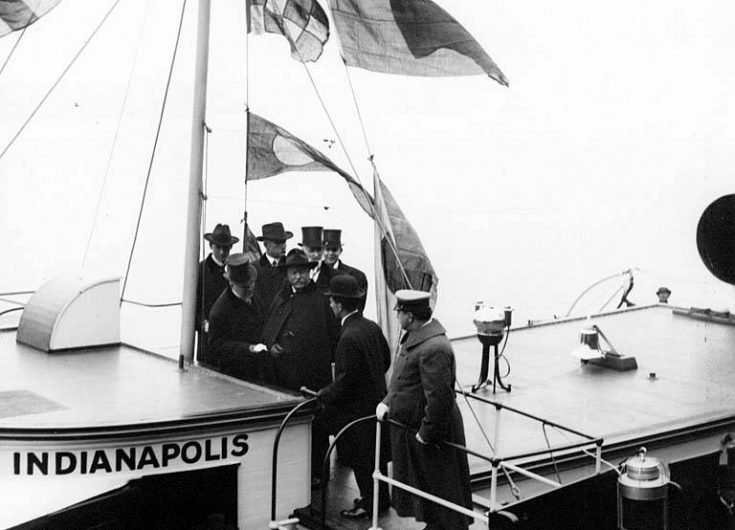Tocqueville, Early American Foreign Policy, and Contemporary Chinese Politics
Classic works of comparative government and political sociology, such as Democracy in America, can also provide insights into other nations and cultures (which of course was one of Tocqueville’s purposes). Does this hold true for non-Western societies as well? In 2010, Ceaser published a paper for the American Enterprise Institute’s Tocqueville on China Project. According to Ceaser, Tocqueville was one of the first thinkers to treat two of the great themes that have preoccupied modern scholars of China: modernization and transition. His writings on these themes were the forerunners of such classic works as James Bryce's Modern Democracy (1921) and Samuel Huntington's Political Order in Changing Societies (1968), and they thus indirectly help inform the wave of scholarship in comparative politics on "democratic transitions" that appeared after the fall of the Berlin wall in 1989.


